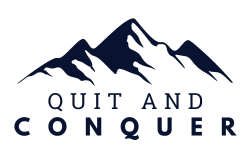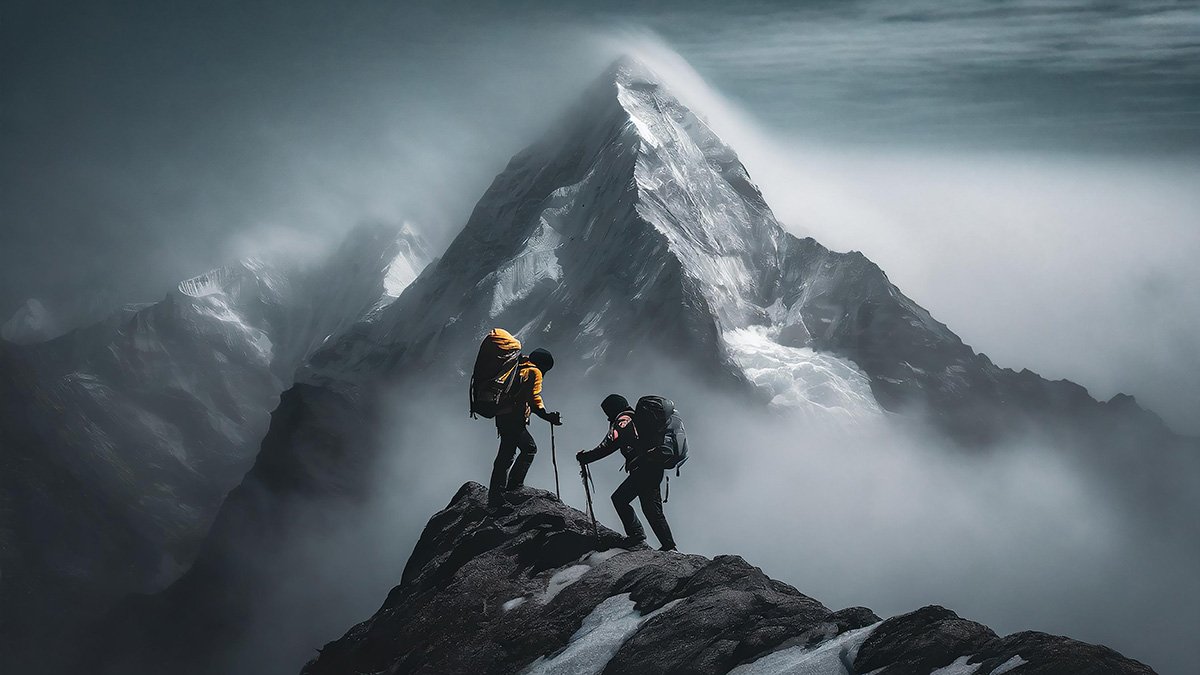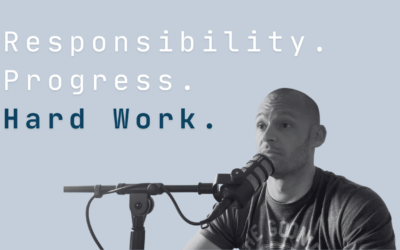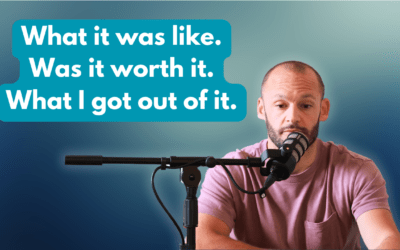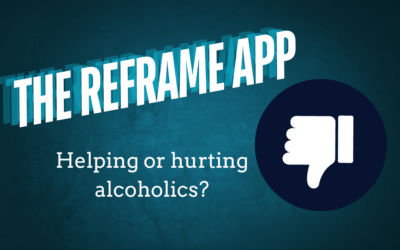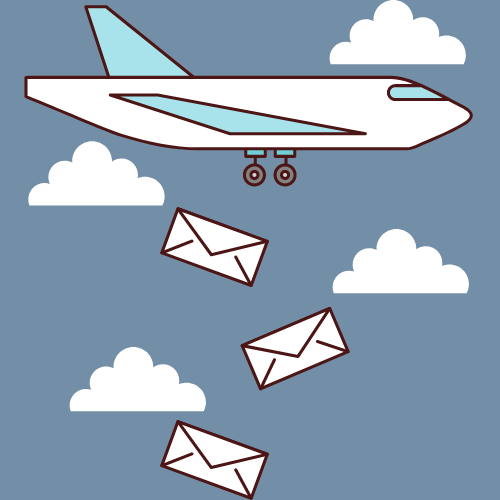If you’re new to recovery and attending meetings for programs like Narcotics or Alcoholics Anonymous, you’ve heard this before — get a sponsor. Despite this being a rather simple task, it tends to conjure up misplaced feelings of fear, embarrassment, and insecurity. This results in many individuals procrastinating or neglecting a crucial and elementary step on the path to recovery. In this guide, we’ll walk you through the process of finding a sponsor, offering practical tips and insights to help you painlessly and confidently navigate this vital step toward long-term sobriety.
01. Attend Meetings Regularly
The first step in finding a sponsor is to attend meetings regularly. Whether it’s AA, NA, or any other 12-step program, showing up consistently allows you to become familiar with the members and the program’s principles.
02. Listen and Observe
Pay attention during meetings and listen to what members share. You’ll start to notice individuals who share openly, have solid sobriety, and embody the principles of the program. These are the potential sponsors you want to keep an eye on.
03. Connect with Members
Don’t be afraid to introduce yourself and strike up conversations with other members. Building connections within the group can help you feel more comfortable and supported as you navigate your recovery journey.
04. Ask for Recommendations
If you’re unsure where to start, don’t hesitate to ask for recommendations from other members or even the meeting facilitator. They can point you in the direction of potential sponsors who may be a good fit for you.
05. Look for Someone with Long-Term Sobriety
While everyone’s recovery journey is unique, it’s generally recommended to seek out a sponsor who has maintained long-term sobriety. Their experience and wisdom can offer valuable guidance and support as you work toward your own sobriety goals.
06. Find Someone You Trust and Respect
Trust and respect are essential components of the sponsor-sponsee relationship. Look for someone you feel comfortable opening up to and who you believe has your best interests at heart.
07. Attend Different Meetings
Don’t limit yourself to just one meeting or group. Attend a variety of meetings in different locations and at different times to expand your network and increase your chances of finding a compatible sponsor.
08. Ask for Guidance
When you feel ready, don’t hesitate to approach a potential sponsor and ask if they would be willing to sponsor you. Remember, most members are more than happy to offer guidance and support to those who are serious about their recovery.
09. Be Open and Honest
Building a strong relationship with your sponsor requires honesty and vulnerability. Be open about your struggles, fears, and goals, and trust that your sponsor will provide nonjudgmental support and guidance.
10. Set Expectations
Before officially starting the sponsorship relationship, take some time to discuss expectations and boundaries with your potential sponsor. Clarifying these details upfront can help ensure a positive and productive partnership.
11. Stay Committed
Once you’ve found a sponsor, commit to working with them regularly and following their guidance to the best of your ability. Remember, your sponsor is there to support you, but ultimately, your recovery is in your hands.
12. Trust the Process
Finding the right sponsor may take time, so trust the process and be patient with yourself. Keep attending meetings, connecting with members, and staying open to new opportunities for growth and support.
Conclusion
A sponsor isn’t just a shoulder to lean on or a friendly face at meetings; they’re your guide, your mentor, and your advocate. Finding one that suits you is a significant step toward achieving lasting sobriety. By attending meetings regularly, connecting with members, and seeking out someone with your program’s experience and wisdom, you can find the support and guidance you need to navigate your recovery journey successfully. It’s important to remember that you’re not alone. There are people out there who genuinely want to help you succeed — you just need to find them.
